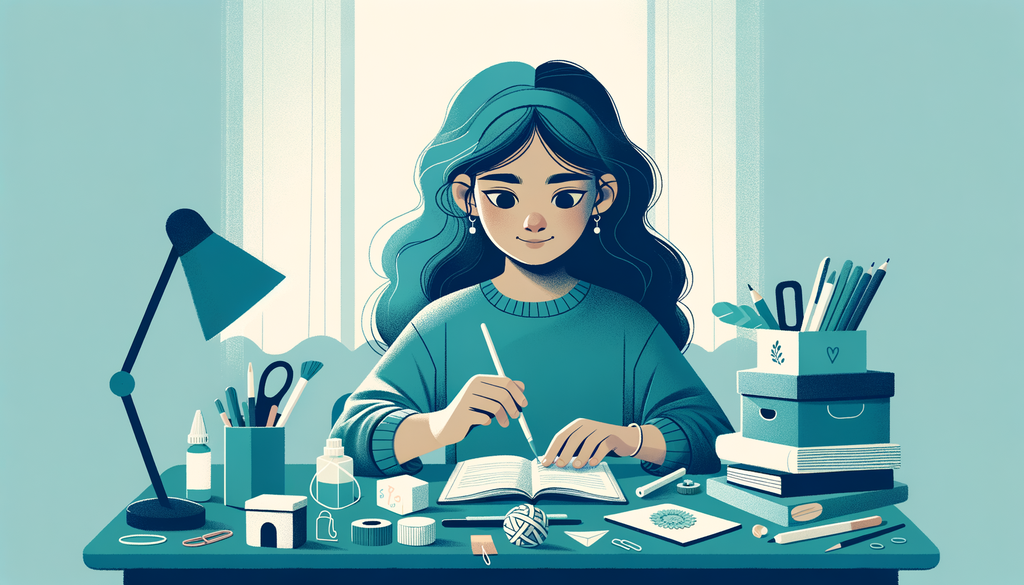Cultivating Curiosity: Learning Projects for Special Needs Children

In the realm of special education, a one-size-fits-all approach simply doesn’t work. Each child has unique abilities, interests, and needs—and as dedicated educators and caregivers, it’s our job to cater to this diversity. Please find below some learning project ideas that you can use to spark curiosity in children with special needs and learning differences.
Project-Based Learning
In general education settings, Project-Based Learning (PBL) has emerged as a successful method to increase student engagement. But PBL isn’t exclusively for typical learners. Children with special needs can also immensely benefit from this approach. PBL allows children to explore topics of interest deeply, promoting active learning and autonomy. It is inherently adaptable, allowing educators and parents to modify the assignment based on the child’s abilities and needs. If you’ve been in search of reading resources for students with dyslexia, take a look at our post on Dyslexia Tools where we’ve reviewed resources that can aid children with dyslexia in their reading journey.
Science Projects
Science experiments are fantastic tools for sensory learning—an aspect of education that is vital for special needs development. Through sensory play, children with special needs can explore, understand, and express themselves. Our post on Sensory Play highlights the importance of such activities and how you can incorporate them at home.
Creative Expression
Artistic learners can foster their skills through creative activities like painting, sculpture, or even digital design. These projects help children communicate their thoughts and feelings in ways words might not allow. For artistic learners, do visit our post on Creating Artistic Spaces for Gifted Young Artists, which elaborates on how art programs can stimulate creative minds.
Real-World Projects
Include tasks that mimic real-world scenarios—this can mean setting up a mock store to teach them about money or a puzzle-based treasure hunt to improve problem-solving skills. For children who happen to have an entrepreneurial streak, you might consider creating a mini-business project. Our post on High Flyers: Nurturing Leadership in Gifted Children can help identify and foster leadership qualities in children.
Remember, the ultimate goal is not to achieve academic excellence, but to cultivate a love for learning. With your support and a little creativity, children with special needs can explore their curiosity, develop resilience, and have fun while doing it!
Before we finish, we understand how challenging it can be to navigate the realm of special education. Feel free to check out our comprehensive guide, Your Child’s Rights: Understanding the IEP Process, which can make you a more informed advocate for your child. Additionally, maintaining your wellbeing is essential. Our post on Finding Balance: Self-Care for the Caregiver offers tips on managing your well-being while caring for a child in need.
In conclusion, while each learning project can be tailored to meet the child’s specific needs, the most important element is their involvement in the process. After all, the ultimate goal is for them to have a fulfilling and enriching learning experience.